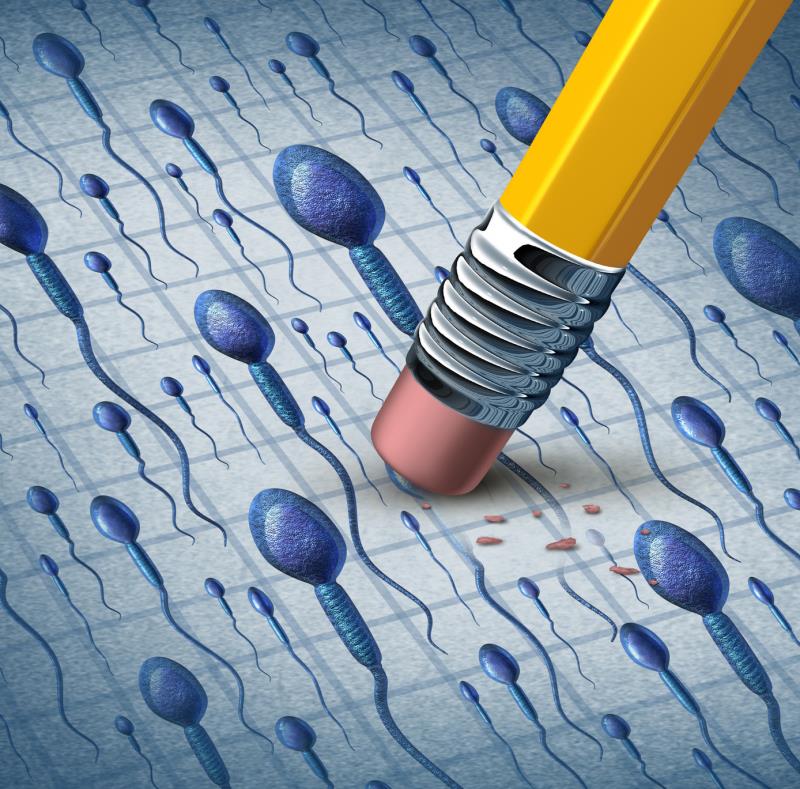
Male infertility is linked to increased susceptibility to malignancies in the testicles or prostate, as shown in a study.
Researchers performed a systematic review and meta-analysis of six population-based retrospective cohort studies examining the risk of developing testis or prostate neoplasms in men with impaired fertility vs matched fertile controls. Four of the studies were conducted in the United States and two in Europe (Denmark and Sweden).
Based on pooled data, a total of 174 testicular cancer cases were diagnosed among 161,634 infertile men vs 320 among 814,488 controls. Meanwhile, there were 377 prostate cancer cases diagnosed among 183,950 infertile men vs 3,803 among 1,941,810 controls.
The mean baseline age of the infertile group ranged from 32 to 38 years, and the reported mean age at testicular and prostate cancer diagnoses varied between 32–50 years and 42–62 years, respectively.
In random effects model, infertility was associated with a twofold increased risk of developing testicular cancer (relative risk [RR], 2.033, 95 percent confidence interval [CI], 1.66–2.48; p<0.001; heterogeneity: I2, 1.55 percent) and a more than 60-percent higher risk of developing prostate cancer (RR, 1.67, 95 percent CI, 1.17–2.4; p=0.005; heterogeneity: I2, 87.12 percent).
Despite the results, the researchers stressed that the absolute risk of cancer remains low (<1 percent for either cancer). More studies exploring the underlying mechanisms are needed to determine whether testis and prostate screening practices should be changed in men with impaired fertility.